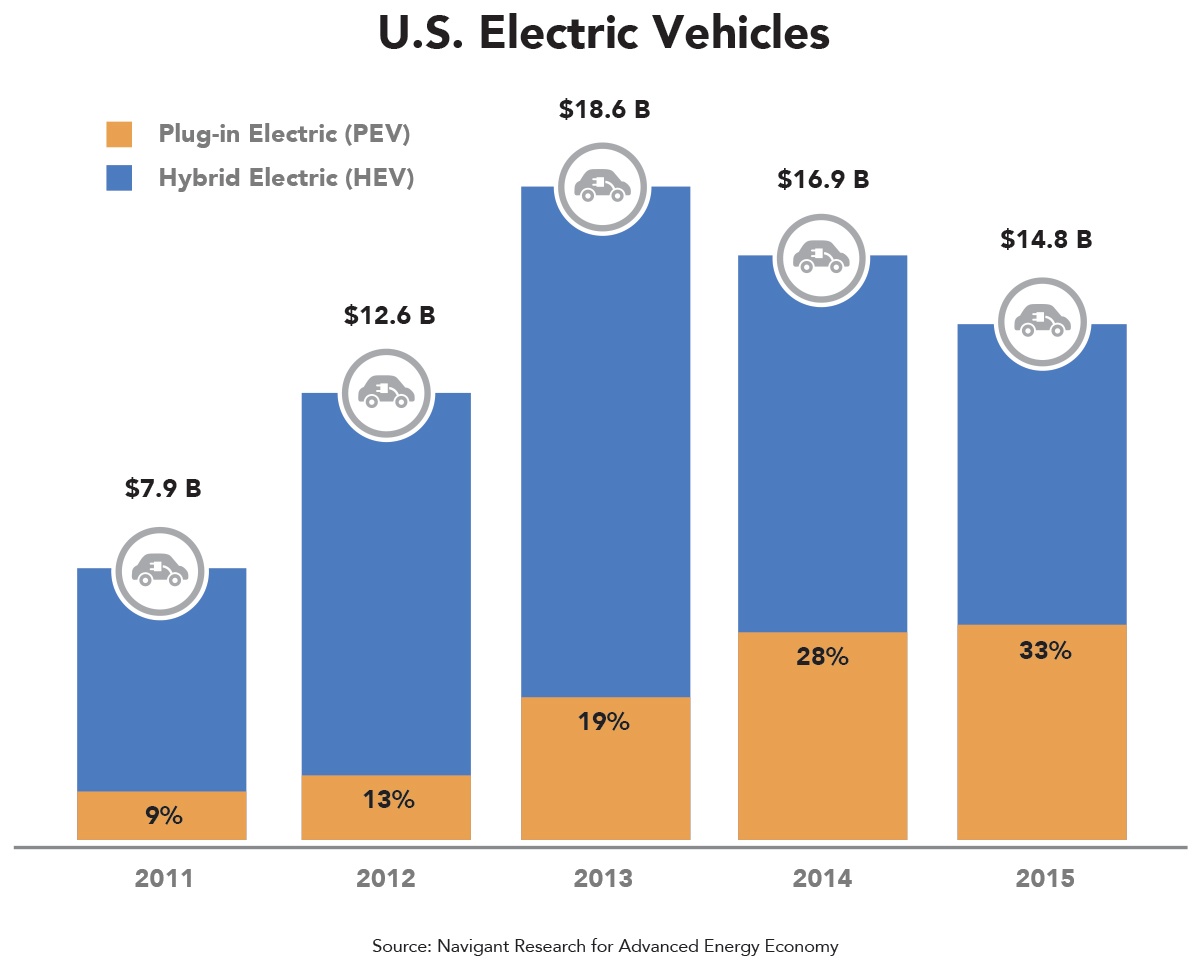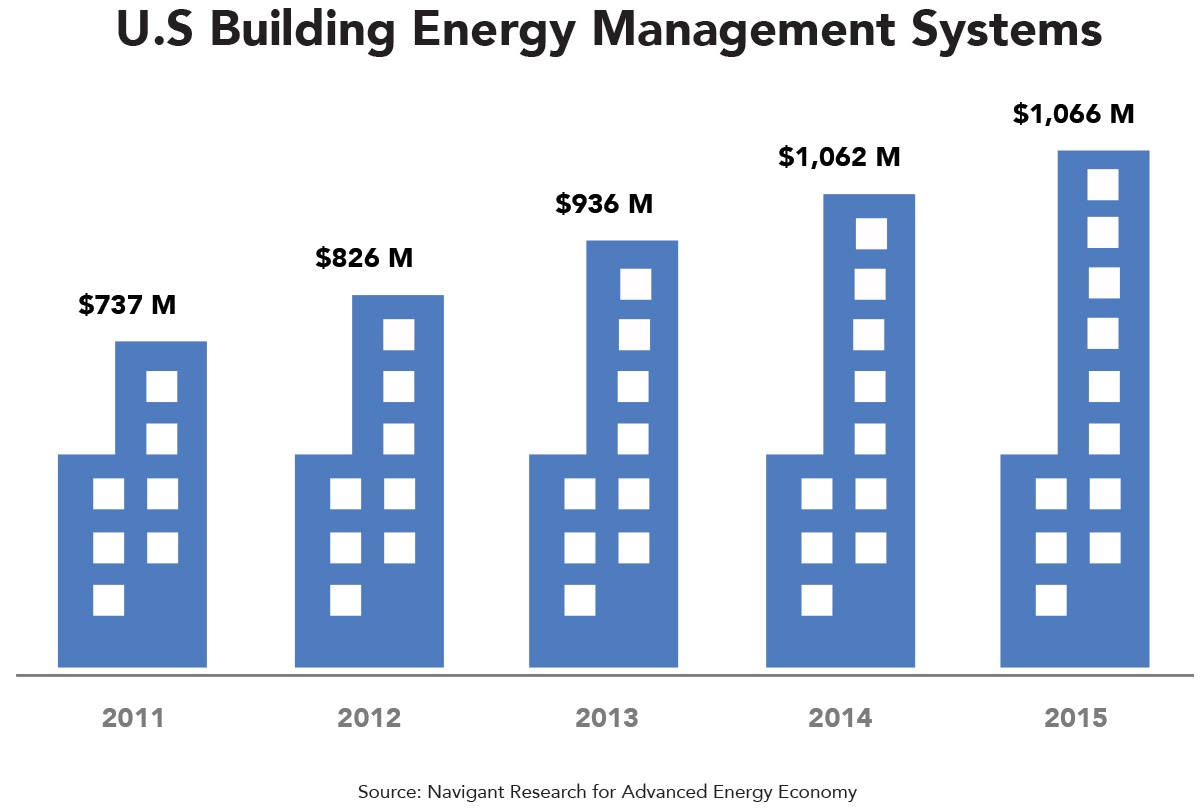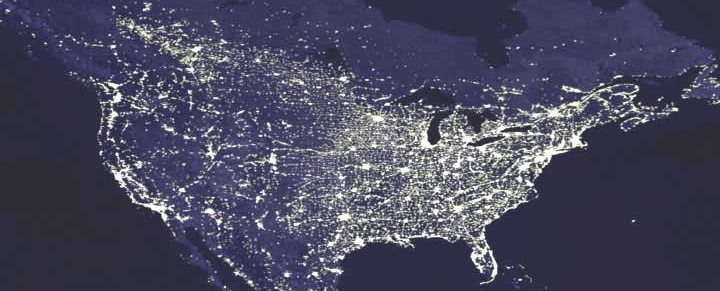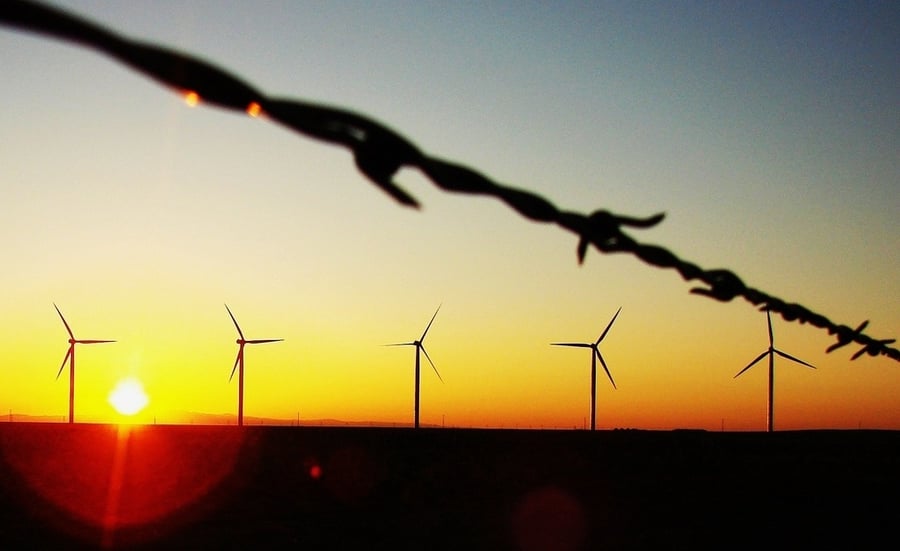This post is one in a series of feature stories on trends shaping advanced energy markets in the U.S. and around the world, drawn from Advanced Energy Now 2016 Market Report, which was prepared for AEE by Navigant Research.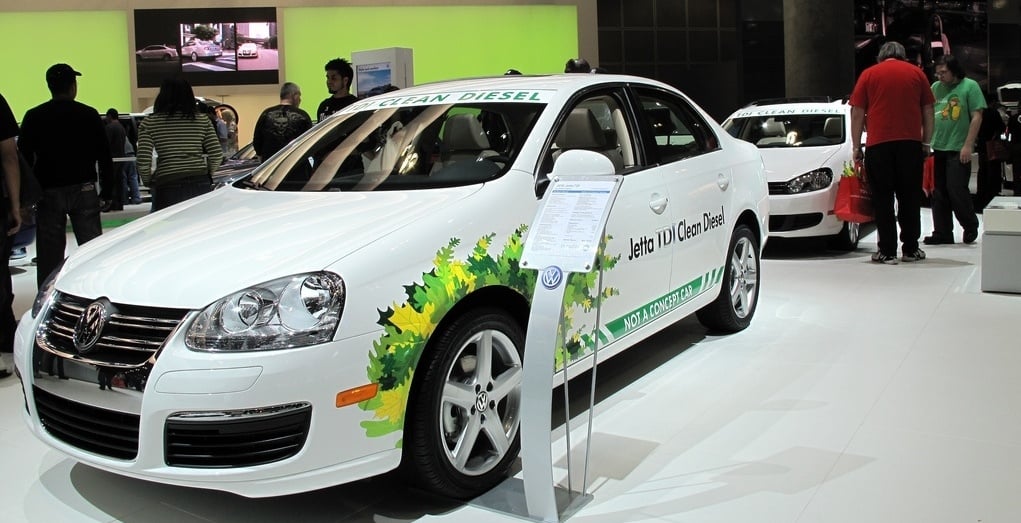
In the wake of the VW clean diesel emission scandal, compression ignition engines for light-duty vehicles are undergoing enhanced scrutiny, though the market for these vehicles remains strong globally. Clean diesel vehicles dominate the advanced vehicle market in Europe in a way they do not in the United States. But as VW has struggled to update more than 11 million diesel-powered vehicles globally in response to revelation of its emissions cheating, the German automaker has expressed a newfound interest in a different form of advanced transportation: electric vehicles.
